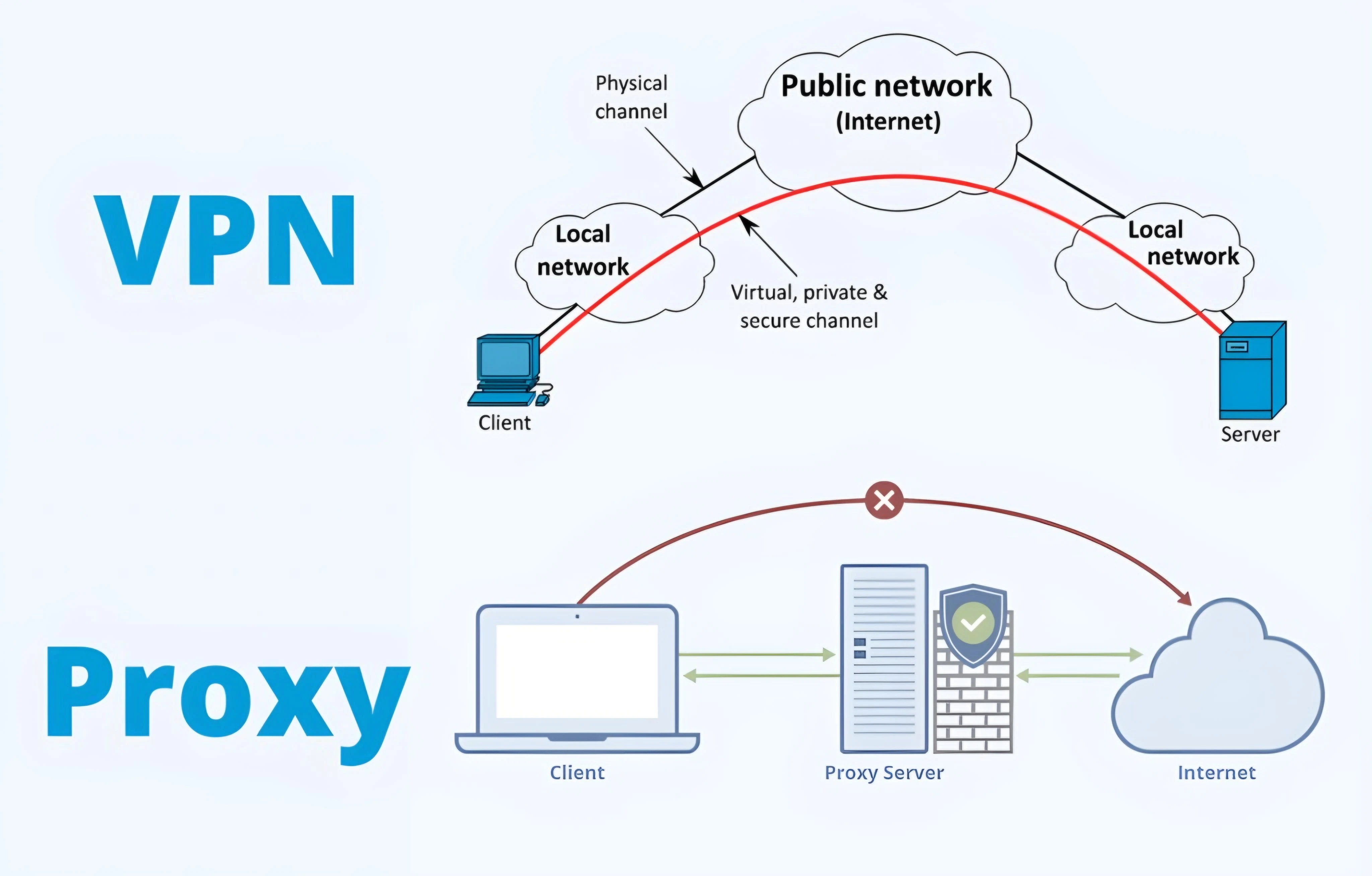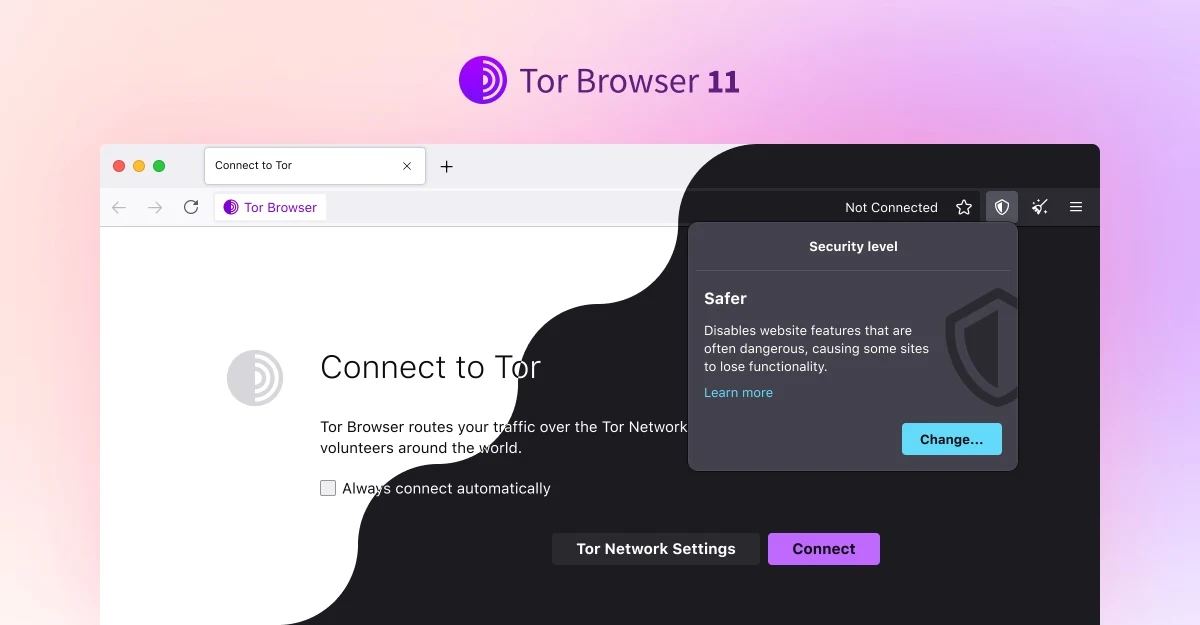Sometimes, you might encounter difficulties accessing your favorite website. This can happen due to geographical restrictions imposed by certain countries or because the site is blocked. Installing a VPN is a popular solution to overcome this issue, enabling easy access to the site on both mobile phones and computers. Nonetheless, there are alternative options available, as explored in this article.
The purpose of these alternatives is to achieve the same goal: access to the blocked site. Keep in mind that these alternatives may not be effective in all cases, and may have some limitations, but they are good options when you can't install a VPN.
Keep in mind that these options may not be permanent and may face some limitations, but they are an excellent alternative to installing a VPN when you need to access a blocked or unavailable site at a certain time.
Here are four great alternatives to access blocked websites without having to use a VPN
» Use the Wayback Machine archive
When considering the use of web archives, the purpose can vary. The primary goal may be to browse the historical record of a web page to understand its appearance and content at a specific time. Simply put, you can select the desired date and browse the web page as it was at that time. However, this tool can have much greater significance, as it can be used to access content that may currently be blocked or unavailable for any reason.
When pages are suddenly unavailable or have undergone significant updates, web archives can be used to access previous information. To do this, you can visit the Wayback Machine website and enter the address of the page you wish to view. For example, you can test it using the borsippa.com website and see the evolution of its design and content over the past years.
» Use a proxy
The conventional alternative to VPN networks involves relying on proxies, which operate differently despite some confusion between them. With a proxy, you connect to a target website through an intermediary server, redirecting the connection from its intended destination.
Updated lists of proxy addresses are available daily on websites such as proxy-list. This enables you to select a proxy from another country, potentially bypassing website access limitations. While using a proxy might result in slower connection speeds, it still serves as a viable option for accessing restricted online services. However, it's crucial to choose the server location wisely, as it can greatly impact connection speed and quality.
» Use Google Cache
Google cache is another option that can be used when the website is unavailable. They are a limited alternative, but they can be useful when you need access to a particular article and the site is not available. You can simply add ":cache" before the URL of the blocked site, without spaces. For example, you can use "cache:www. Borsippa.com".
» Use Tor Browser
Among the array of options available for accessing web content, the Tor browser shines for its capacity to safeguard user privacy and maintain anonymity. Tor presents an intriguing substitute to VPN networks, offering free usage for bypassing website restrictions or bolstering online privacy.
Nevertheless, users should note that browsing speed may undergo a slight decline when using Tor compared to direct internet access. This aspect merits consideration, particularly for those seeking high-quality streaming experiences, where Tor may not be the optimal choice. Nonetheless, Tor remains an enticing avenue for accessing websites that might be intermittently restricted.
These options represent four compelling alternatives for accessing blocked websites without relying on VPN services.





